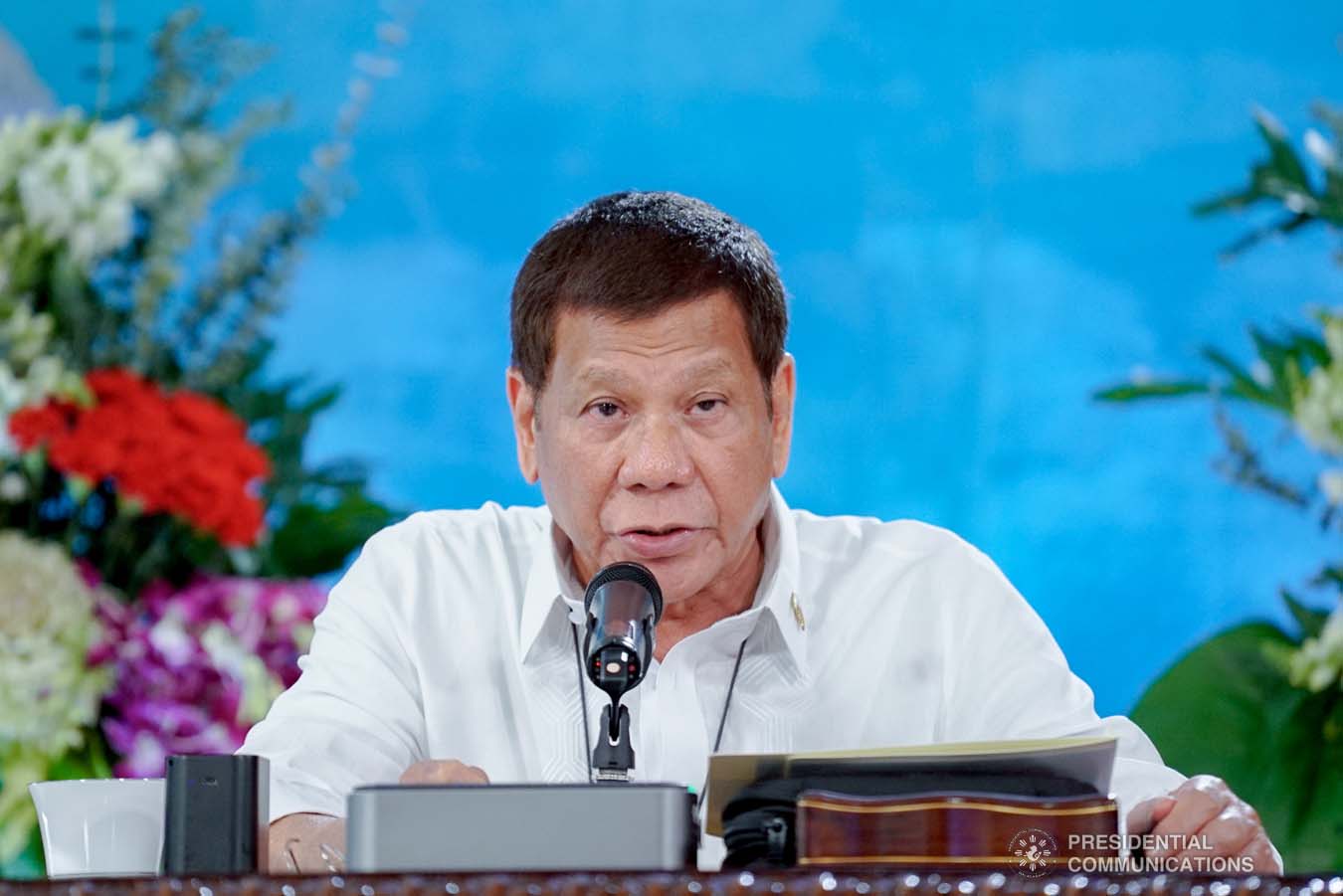
Governments should redouble their efforts to address extreme poverty exacerbated by the coronavirus disease (COVID-19) pandemic, President Rodrigo Roa Duterte said on Saturday, as he called for an accelerated socio-economic recovery in Southeast Asia and its neighboring countries.
In his intervention during the Second ASEAN-Australia Biennial Summit, President Duterte cited a World Bank estimate saying COVID-19 pandemic will push an additional 150 million into extreme poverty by 2021.
To address this, he said there is a need to reinvigorate ASEAN-Australia trade and economic ties.
“The ASEAN-Australia-New Zealand Free Trade Agreement and the Regional Comprehensive Economic Partnership Agreement provide key frameworks that will allow a more buoyant bounce back to our economies,” the President said, adding nations must also acknowledge that the pandemic has changed the way business is done.
Science, innovation, and technology, however, can provide direction and open pathways for the economies to recover and successfully transition to the Fourth Industrial Revolution, the President suggested, as he called for greater cooperation in this area.
The President likewise recognized the role of women in post-pandemic recovery efforts, noting empowered women support economic growth and resilience.
The President also stressed the need for the region to prepare for future pandemics.
“Let us build the capacity of our health systems. Let us optimize the ASEAN-Australia Health Security partnership. Let us also address illegal wildlife trade to prevent outbreaks,” he said.
The President also highlighted the importance of maintaining regional peace and security as ASEAN and Australia gear towards sustainable recovery.
ASEAN and Australia’s collective efforts to combat terrorism and transnational crimes must be intensified and they must continue working together to deter terrorist fighters, the President said, adding the root causes of violent extremism and radicalization must also be addressed.
President Duterte said the long-standing cooperation in law enforcement, immigration and customs matters between the ASEAN and Australia must also be strengthened. He also warned about threats from illicit drugs, online child exploitation and abuse, human trafficking, and cybercrimes.
The ASEAN-Australia strategic partnership, he noted, is anchored on shared interest for a peaceful and prosperous Asia Pacific, where international law and the rights of states are respected and upheld.
“We welcome Australia’s strong commitment to ASEAN Centrality and the principles of openness, inclusivity, respect for international law, and peaceful settlement of disputes,” he said.
“Maintaining peace, security and stability in the South China Sea is a shared strategic objective. We can do this only if — together — we uphold the primacy of law over brute force.” PND

